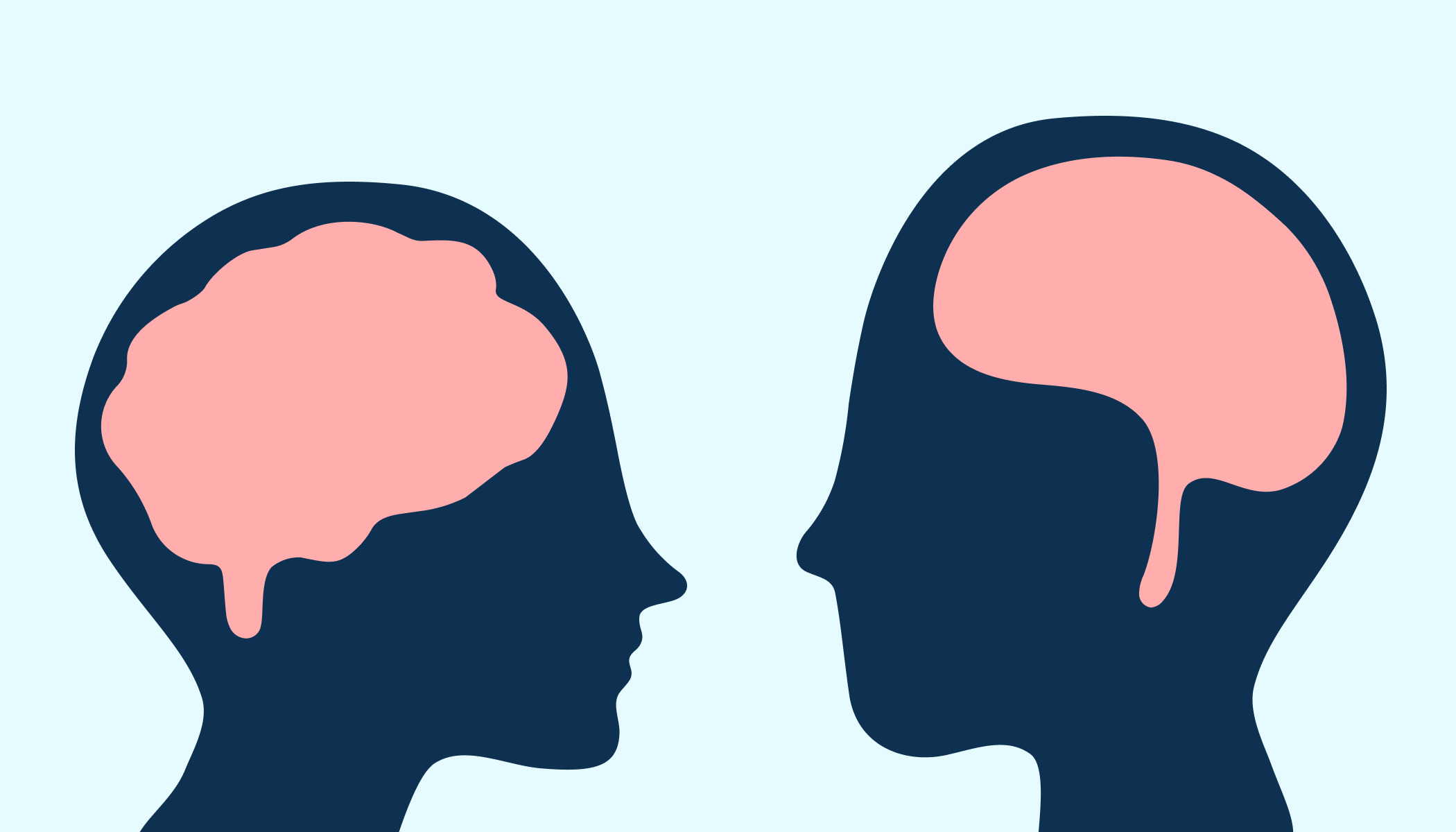October marks ADHD Awareness Month, a crucial time to dispel misconceptions and shed light on a condition that affects millions of adults and children across the UK. As a registered nurse and healthcare leader who received an ADHD diagnosis earlier this year, Livi’s Olly Jones shares both the science and the human story behind this often-misunderstood neurodevelopmental condition.
The Science Behind ADHD: More Than Just Distraction
ADHD isn't about lacking willpower or being "naughty" – it's a genuine neurological condition rooted in brain chemistry. At its core, ADHD involves the dysregulation of two key neurotransmitters: dopamine and norepinephrine.
Dopamine is essential for feeling reward and motivation. When these levels are disrupted, everyday tasks that others find naturally rewarding can feel unrewarding or boring. This explains why people with ADHD might act impulsively, seeking stimulation elsewhere, which can manifest as risk-taking behaviours, binge eating, or substance misuse.
Norepinephrine is crucial for focus and filtering out distractions. When this system doesn't function typically, it becomes difficult to concentrate on tasks, filter out the world around you, or focus on one task at a time. This can also lead to time blindness, the difficulty in perceiving, estimating, or keeping track of the passage of time.
There are three types of ADHD: inattentive (primarily concentration difficulties), hyperactive-impulsive (primarily related to dopamine and reward-seeking), and combined type, which affects both areas. The condition is largely genetic, though there are associations with premature birth and other factors.
The Hidden Cost: ADHD's Impact on Lives and Society
Contrary to popular belief that ADHD is "over diagnosed," research suggests quite the opposite. It's estimated that around two million people in the UK remain undiagnosed, with only one in nine people with ADHD receiving a diagnosis.
The consequences of underdiagnosis are profound. Studies show that 25-30% of the prison population has ADHD – far higher than the general population. The condition is strongly linked to various mental health challenges, including depression, anxiety, and substance misuse disorders.
Perhaps most strikingly, research indicates that ADHD can reduce life expectancy by nearly seven years for males and up to nine years for females. This reduction is comparable to serious health conditions and reflects the cumulative impact of associated risks: accidents due to impulsivity, mental health struggles, substance misuse, and the exhausting daily battle of trying to function in a world not designed for neurodivergent minds.
The Danger of Dismissive Labels
When people casually dismiss ADHD as "trendy" or suggest "everyone has it these days," they're not just making harmless comments. This dismissive attitude undermines decades of progress in understanding neurodiversity and creates real barriers to people seeking help.
These attitudes can prevent individuals from pursuing diagnosis and treatment, perpetuating cycles of self-doubt and struggle. For someone who has spent years thinking they're lazy, careless, or unintelligent, recognising ADHD can be transformative – providing not just an explanation, but a pathway to support and treatment.
The reality is that living with undiagnosed ADHD can be isolating and exhausting. Many adults spend their days "masking" – using enormous mental energy to appear neurotypical – leaving them ready for bed by mid-morning. This constant effort takes a significant toll on mental health and quality of life.
The Transformative Power of Understanding
Receiving an ADHD diagnosis as an adult can be life changing in itself, but it also opens the door to more treatments, support, and new ways of understanding yourself. Beyond improved concentration and focus that medication can provide, there are often unexpected benefits. Many people report feeling more content, better able to enjoy simple moments, and experiencing improved emotional regulation.
For me personally, diagnosis brought self-forgiveness for years of perceived failures and careless mistakes. It provided access to workplace adjustments and academic support that I'd never had before. Most importantly, it offered hope – the understanding that struggles weren't character flaws but symptoms that could be managed.
Some worry that treatment, particularly medication, might change their personality or make them feel "boring." In my experience, and that of many others, the opposite proved true. With balanced neurotransmitter levels, life became more naturally rewarding. There was less need to seek stimulation elsewhere, and simple pleasures became more accessible.
A Generational Shift in Understanding
The landscape has changed dramatically. I recall mental health support being used more as a threat against bad behaviour in my childhood. Today's educational settings are increasingly equipped to identify and support neurodivergent children, preventing the years of struggle that many adults with late diagnoses experienced.
This progress represents something we should celebrate as a society – our growing inclusivity and understanding of neurodiversity. However, we must guard against backsliding into dismissive attitudes that could undermine these advances.
Looking Forward: Access and Support
While awareness grows, challenges remain. Long waiting lists and costs can create barriers to diagnosis and treatment. In an ideal world, resources would be more readily available to support those who need assessment and ongoing care.
For those currently waiting or considering seeking help, remember that ADHD is highly treatable. Whether through medication, therapy, lifestyle adjustments, or a combination of approaches, there are pathways to better management and improved quality of life.
Moving Beyond October
ADHD Awareness Month serves as an important reminder but understanding and support shouldn't be limited to one month. By continuing conversations about neurodiversity, challenging misconceptions, and advocating for accessible healthcare, we can create a society where everyone can thrive.
If you recognise yourself in these descriptions or have questions about ADHD, remember that seeking help isn't a sign of weakness – it's a step towards understanding yourself better and accessing the support you deserve.
If you have questions about ADHD or would like to discuss your concerns with a healthcare professional, book an appointment with a Livi clinician today. Our experienced clinicians can provide guidance and support to help you on your journey to better understanding and managing your health.


